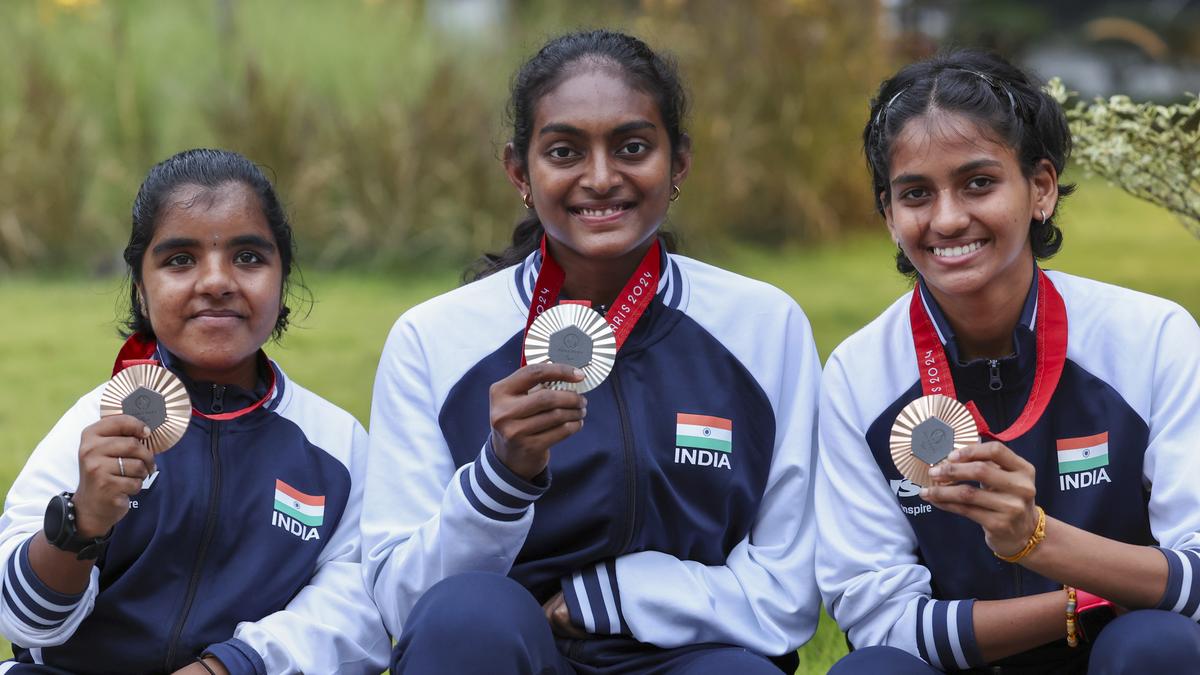As the cabinet led by Prime Minister Narendra Modi on Wednesday adopted the report submitted by the panel of Ram Nath Kovind on ‘One Nation, One Election’, the opposition parties were quick to express their displeasure over the plan.
Congress chief Mallikarjun Kharge said that the government’s plan for one single election ‘cannot work in a democracy’. “Elections need to be held as and when required if we want our democracy to survive. We don’t stand with this,” he said.
The All India Majlis-e-Ittehadul Muslimeen (AIMIM) chief, Asaduddin Owaisi, said ‘One Nation, One Poll’ is ‘a solution in search of a problem’.
“I have consistently opposed One Nation, One Election because it is a solution in search of a problem. It destroys federalism and compromises democracy, which are part of the basic structure of the constitution,” he said.
“Multiple elections aren’t a problem for anyone except Modi and Shah. Just because they have a compulsive need to campaign in even municipal & local body elections does not mean that we need simultaneous polls. Frequent and periodic elections improve democratic accountability,” he said.
The government defended the move and said it strengthened the nation and the Union home minister Amit Shah said the move is ‘financially efficient’.
Ashwini Vaishnaw, Union minister, had briefed the media on the government’s plan and said it strengthened the nation. While Shah, in a social media post, called the move a ‘landmark electoral reform’.
“Bharat takes a giant stride towards landmark electoral reforms with the Union Cabinet accepting the recommendations of the High-Level Committee on One Nation One Election. This reflects Modi Ji’s iron will to bolster our democracy through clean and financially efficient elections and accelerate economic growth through more productive allocation of resources,” Shah said.
The former president-led panel in its report had said Congress, Dravida Munnetra Kazhagam (DMK), Aam Aadmi Party, Bahujan Samaj Party (BSP), Communist Party of India (Marxist) (CPI (M)), Communist Party of India (CPI), Trinamool Congress, AIMIM, and Samajwadi Party were against the proposal.
However, BSP supremo Mayawati said she backed the One Nation, One Election move in a social media post.
The report said that 47 political parties provided feedback, with 32 agreeing and 15 indicating disagreement with simultaneous elections while 15 political parties ‘did not respond despite requests for suggestions and reminders given to them’.
Another Congress leader and also its spokesperson, Supriya Shrinate, said that the government is using the ‘One Nation, One Election’ as a tool to ‘divert attention’ from issues affecting the nation.
“One Nation, One Election is impractical and unrealistic. Many experts have pointed out that under the current Constitution, this cannot be taken forward. When Parliament meets we must get details on this. If it is pushed, then we need to study the consequences,” CPI’s D Raja said.
’Opposition Feeling Internal Pressure’
Union minister Ashwini Vaishnaw who briefed the media on the recommendations of Kovind Panel to implement ‘One Nation One Election’ in India, said the opposition is feeling ‘internal pressure’.
“The opposition might start feeling internal pressure (about One Nation One Election) as more than 80% of respondents who responded during the consultant process have given their positive support, especially the youth, they are very much in favour of this,” Vaishnaw said.
Shiv Sena youth leader Aaditya Thackeray appeared critical of the move.
“This is a joke in itself because the Election commission which cannot hold simultaneous elections in 4 states is talking about one nation, one election. We have 30 municipal elections pending in Maharashtra, why can’t they take that now?” Thackeray asked.
Union minister Ashwini Vaishnaw also said that the move was supported by several political parties across the political spectrum. “A large number of political parties across the political spectrum has actually supported the One Nation One Election initiative. When they interact with high-level meetings, they give their input in a very succinct manner and with a lot of clarity. Our govt believes in creating a consensus on items which affect democracy and the nation in the long run. This is a subject, a topic that will strengthen our nation,” he said.






